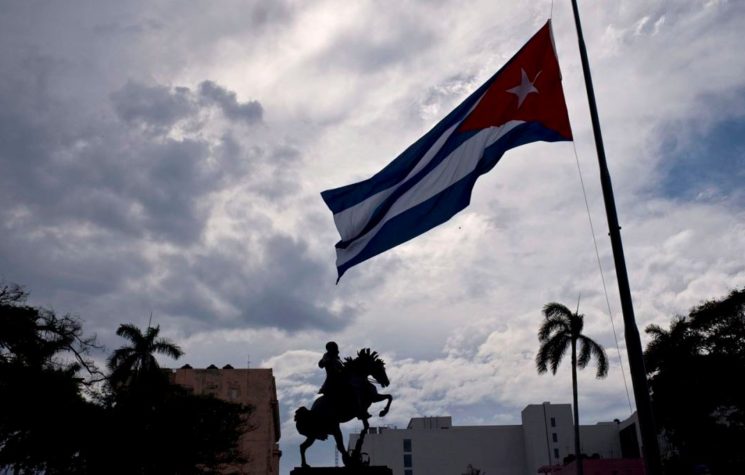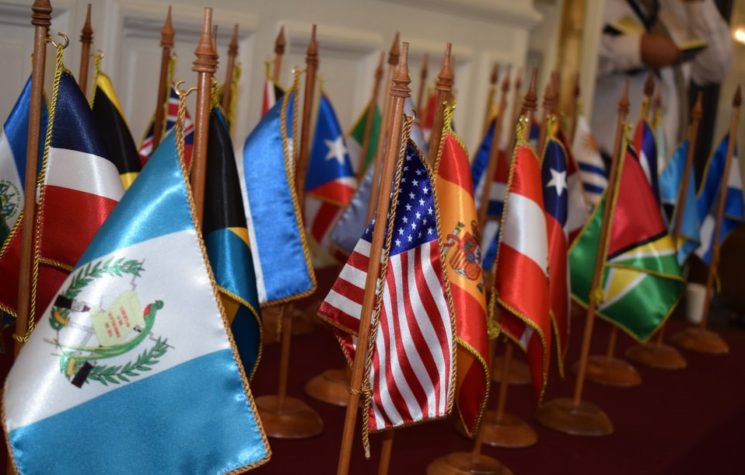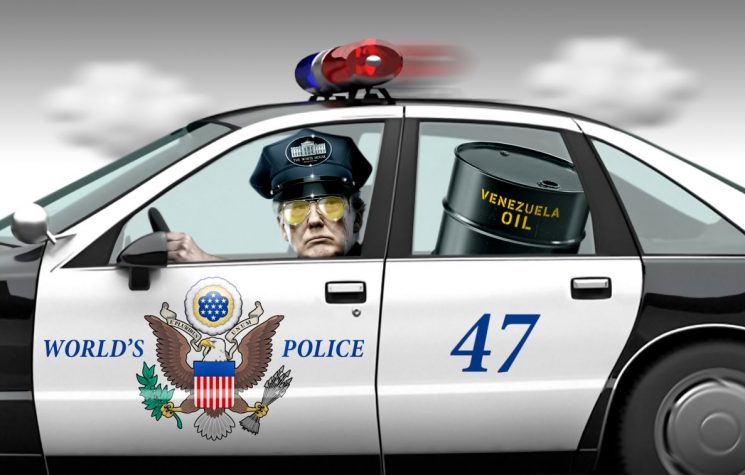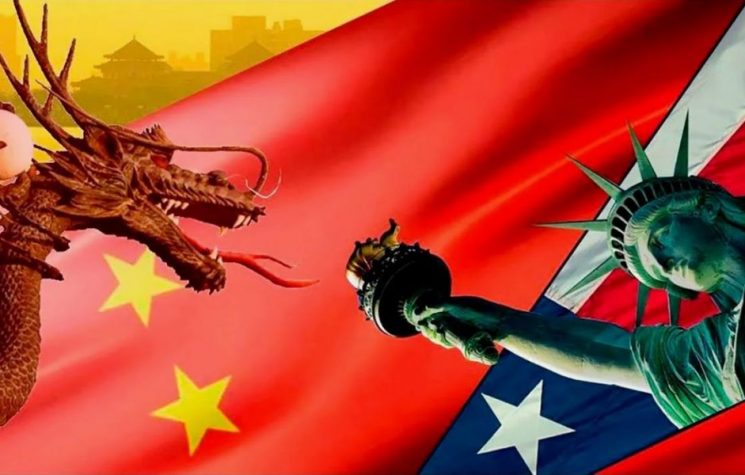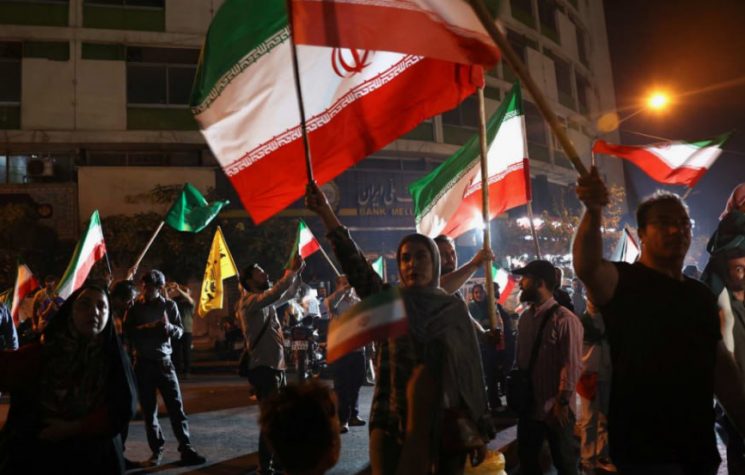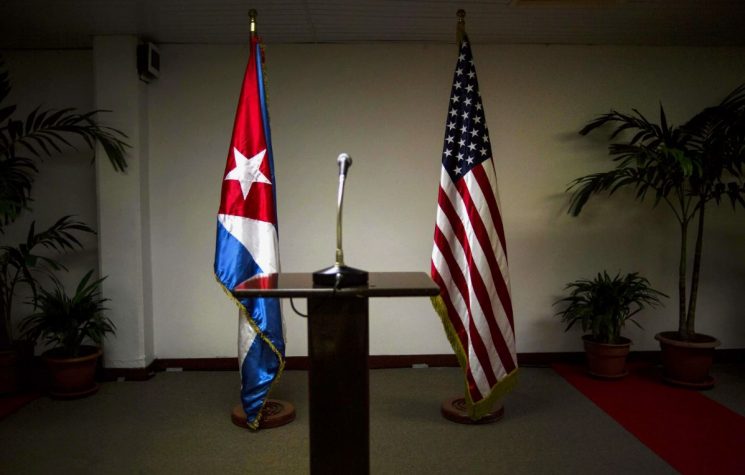The history of sanctions is grim, and it is generally acknowledged that they penalise ordinary people to an unjustifiable degree. It is difficult to forget the excruciating pronouncement by Madeleine Albright, President Clinton’s Secretary of State, when she was ambassador to the UN and commented on their effects in Iraq in the 1990s, in the run-up to the US invasion. In a media interview her questioner said that in Iraq “We have heard that half a million children have died. I mean, that is more children than died in Hiroshima. And, you know, is the price worth it?”
Albright replied, “I think that is a very hard choice, but the price, we think the price is worth it.” Her noxious statement was largely ignored by Western mainstream media which was being ramped up to support the invasion of 2003, by which time, the citizens of Iraq had been viciously punished by a bunch of bigots who had reduced the country to a societal shambles. In his 2006 book ‘A Different Kind of War’ the former UN Humanitarian Coordinator for Iraq, Hans Von Sponeck, wrote that “Communicable diseases in the 1980s not considered public health hazards, such as measles, polio, cholera, typhoid, marasmus and kwashiorkor, reappeared on epidemic scales.” The commentator Gilles d’Aymery warned that the book “is not for the faint-hearted reader. The wrenching suffering of the Iraqi people it recounts cannot be read without feeling ill to the point of nausea and experiencing a deep sense of anger and outrage, as well as immense sadness, by the unfathomable tragedy that befell this peaceful people — mere pawns sacrificed on the checkerboard of great gamesmanship between an authoritarian government fallen out of grace and the parochial interests of a few Western nations.”
So one would think that the US Establishment might have realised the extent that sanctions inflict suffering on innocent people, and in one instance this was so, because President Obama began to relax sanctions on Cuba, whose people have been ferociously targeted by Washington’s Best and Brightest for almost sixty years.
The anti-Cuba campaign began in 1959 when Fidel Castro overthrew Fulgencio Batista, who was totally corrupt and supported by the US. Castro was regarded as an enemy, not because he was brutal, which he undoubtedly was, but because in 1960 he nationalized US-owned businesses, including casinos owned by Mafia mobsters. This sparked the April 1961 Bay of Pigs attack by CIA-sponsored Cuban exiles, authorised by President John F Kennedy. It took only three days for Castro’s forces to wipe out the would-be invaders, then, as the BBC records, “The CIA began to make plans to assassinate Castro as part of Operation Mongoose. At least five plans to kill the Cuban leader were drawn up between 1961 and 1963.” And to complement this righteous crusade, in 1962 Kennedy ordered sanctions prohibiting all trade and communication with Cuba.
President Jimmy Carter tried to engage in dialogue, and in 1977 he permitted diplomatic exchanges, but there was no support in Establishment Washington for rapprochement, and in 1992 President George HW Bush imposed the wonderfully-named Cuban Democracy Act which intensified sanctions.
As the legislation was passing through Congress, before being signed by Bush, the New York Times observed that “the bill’s punishing measures would make life worse for many Cubans, but nobody can sensibly argue that sanctions alone will topple Castro’s police state.” Of course the “punishing measures” would make life worse — much worse — for ordinary Cubans, and especially children, because although Section 6004 of the legislation exempted medical supplies from the embargo, there were many let-outs designed to hamper their provision. These included the exceptions “to the extent such restrictions would be permitted under section 5(m) of the Export Administration Act” and “a case in which the item to be exported could be used in the production of any biotechnological product.”
Which brings us to John Bolton, who as Under Secretary of State in 2002 declared that Cuba “has at least a limited offensive biological warfare research and development effort” and has “’provided dual-use biotechnology to other rogue states.” This was exactly a year before the US invaded Iraq on the spurious grounds that “there is no doubt that Saddam Hussein now has weapons of mass destruction,” including biological agents, which were not found because they didn’t exist. When reporting Bolton’s allegation that Cuba had exported biotechnology to “rogue states” CBS News reported that “Bolton did not identify these nations but noted that Cuban President Fidel Castro visited Iraq, Syria and Libya last year, all of which, like Cuba, are on the State Department list of state sponsors of terrorism. Bolton said all are attempting to develop weapons of mass destruction.”
Mercifully, Bolton disappeared from the scene for some years, and President Barrack Obama attempted to establish normality by easing travel restrictions in 2009, then restoring diplomatic relations. Sanity continued in 2015 when the US removed Cuba from its list of state sponsors of terrorism (although Congress continued to resist removal of trade sanctions), but President Obama visited Cuba in 2016, and a Pew Research poll found that 63 percent of Americans approved of his Cuba policy. It appeared that maturity had triumphed.








